Dental plaque is a sticky, filmy substance that forms on your teeth’s surface after you eat. When the bacteria naturally found in your mouth mixes with sugars and starches from unhealthy foods, dental plaque forms. If you don’t remove plaque promptly, tartar can harden and turn into tartar. This can lead to serious conditions such as gum disease or tooth loss.
What is Dental Plaque and Why Remove It?
Your local, top-rated dentist in DTLA wants to answer the question, “What is dental plaque and why remove it?” Below, we will teach you about the main causes of plaque and how to keep it away from your teeth with regular dental cleanings. You can prevent plaque buildup and tartar from causing major dental restoration needs, which are costly to both your wallet and your health.
What is Dental Plaque?
There are naturally occurring bacteria in your mouth that can help you clean up after eating. These ingredients can stick to your teeth if you eat sugary or starchy foods. Acid can be released when bacteria reacts with the leftover food. This creates plaque, a sticky and sticky substance that sticks to your teeth.
Signs and Symptoms of Plaque
It is easy to determine if your teeth are stained. Take a look at how they feel. Are your teeth feeling swollen or irritated when you wake up each morning? Plaque buildup could be the reason. Bad breath or tender gums may be signs of a buildup.
Brush your teeth immediately if you find plaque on your teeth. This will help remove plaque before it becomes tartar. A dentist may be required to remove tartar from your teeth if it forms, although tartar is incredibly hard and sticky. Special tools and materials may be necessary to fully remove the tartar that has built up.
Why Remove Plaque Right Away
You could end up with more serious problems if you don’t remove plaque promptly. A poor oral hygiene can cause gum disease or other irreversible conditions. Plaque can lead to many complications, including:
- Tooth loss
- Infection/abscess
- Gingivitis
- Tooth decay
- Cavities
- Gum disease
An overabundance in plaque or tartar is easy to identify. To determine the extent of plaque buildup on your teeth, your dentist will use x-rays and dental tools during an assessment. A follow-up appointment may be necessary to treat plaque through a number of different procedures, including root scaling and deep cleaning.
How to Prevent and Treat Plaque
It is possible to remove plaque from your teeth without causing tartar. It is difficult to remove tartar once it has formed. These are the top ways to remove tartar and prevent it from getting worse.
- Get fluoride toothpaste. Toothpaste containing tartar-controlling fluoride may help to reduce plaque buildup.
- Regularly floss and brush your teeth. Brush your teeth twice daily and floss once a day. You should floss once a day and brush your teeth twice a day to remove plaque from between them.
- Pay attention to what you eat. It doesn’t mean you have to follow a strict diet. However, it is important to not eat too many sugary or starchy foods on a daily basis.
At Samaritan Dental Arts, we offer a number of proactive plaque and tartar treatment options to help you treat your dental maladies right away. When it comes to plaque, it is best to get it treated as quickly as you can.
Advanced Plaque Removal Options ASAP
Contact our friendly team today if you have concerns about tartar buildup on your teeth or if you would like to schedule a semi-annual tooth cleaning. It is important to get routine dental exams in DTLA in order to prevent plaque and tartar from gaining control. Get in touch with us today to find out what a routine cleaning can do for you!






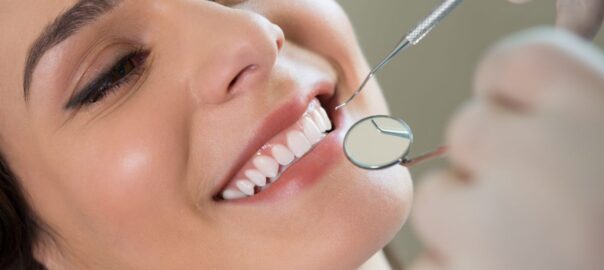


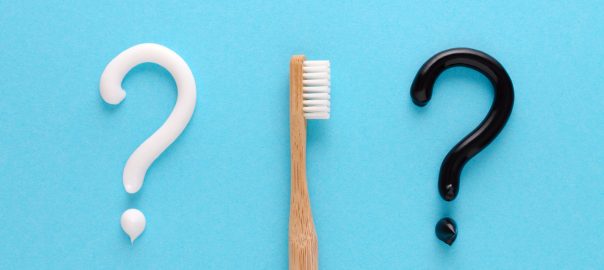
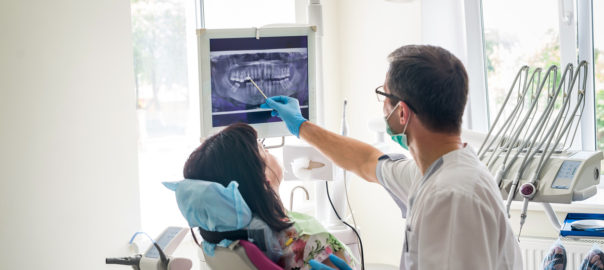


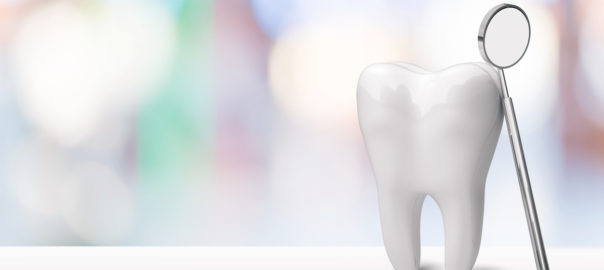
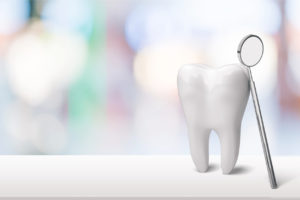



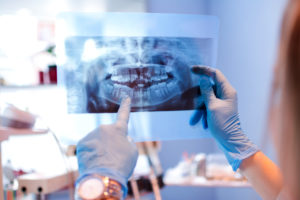

 Yelp
Yelp I have never had a better dental experience prior to my visit with Dr. Zabolian. It was pain free for the first time ever, the staff was friendly, accommodating to my schedule, there were no problems with my insurance claims... I am so happy I have found a dentist (after all these years) I feel so comfortable going to and also taking my family.
I have never had a better dental experience prior to my visit with Dr. Zabolian. It was pain free for the first time ever, the staff was friendly, accommodating to my schedule, there were no problems with my insurance claims... I am so happy I have found a dentist (after all these years) I feel so comfortable going to and also taking my family. 






